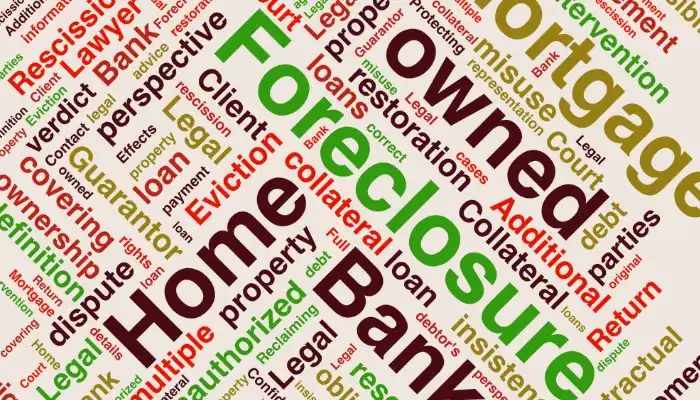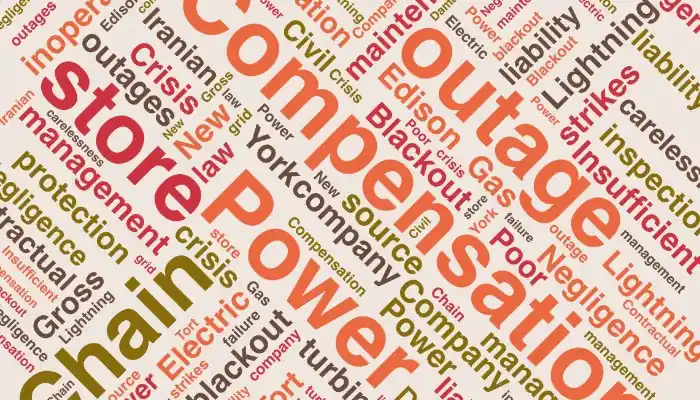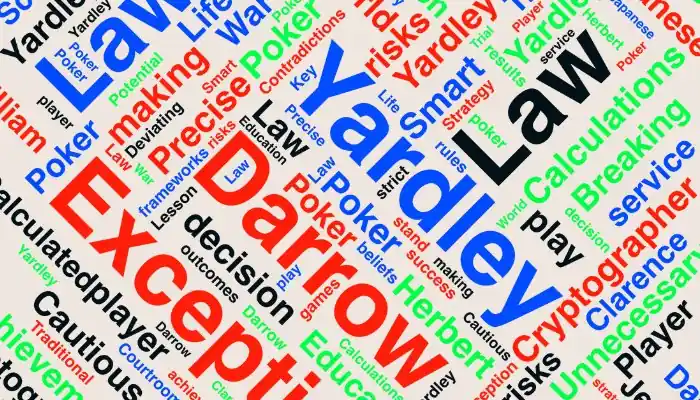Hamideh had mortgaged her home as collateral for a loan and eventually, the house was foreclosed and evicted by the bank; however, with the help of a lawyer, the ownership of her property was restored. We will first hear the story from the client’s perspective (Hamideh) and then proceed to a legal description of the event.
From Hamideh’s perspective:
I had become a guarantor for a friend of my husband’s. My husband suggested we help him, so I agreed and put my house as collateral with the bank. That’s where the trouble began. I was only supposed to guarantee one loan for him, but he had taken out another loan from the bank, which they also added to my account.
Imagine I become your guarantor for buying a refrigerator from a store. If the store owner also sells you a stove, I am only responsible for the refrigerator. They wanted to put the stove on me as well.
No matter how many times I went to the bank and declared that I was a guarantor for one loan and was ready to pay off that debt, they insisted I must also settle the other loan’s debt. We were helpless until our lawyer managed to prove that I was not a guarantor for more than one loan, and we got our house back. We paid the amount determined by the court and reclaimed our property.
If we hadn’t hired a lawyer, we would have lost our home.
And the legal explanation of the matter:
After the bank had foreclosed on her property in an auction, Hamideh approached us to resolve this issue. The lawyer concluded that the best way to reclaim the house was to use the legal opportunity of rescission.
In simple terms, rescission is an agreement made between two contractual parties to revert conditions to what they were before the contract was made. In this process, typically anything that has been exchanged between the parties during the contract is returned to its original owners.
In the context of properties foreclosed by the bank, rescission means returning properties that have been transferred to the bank in an auction, in such a way that the original owner or the initial possessor of the properties (the mortgagor) regains ownership. Rescission is a legal solution that allows the parties to go back to the time before the auction.
With the guidance of a lawyer, a request for rescission was made, and the bank agreed to return the foreclosed property if the debt was paid in full. However, the problem was that the bank insisted that Hamideh should also pay off the debt of another loan for which she was not the guarantor.
The matter was brought to court and it was proven that Hamideh was only responsible for guaranteeing one debt, and by paying off that debt, the bank was obligated to return her property. Consequently, the lawsuit resulted in a verdict requiring the bank to proceed with the rescission and return Hamideh’s property upon payment of the debt she was actually a guarantor for. This verdict was upheld by the appellate court.
Hamideh paid only the legal debt for which she had provided a guarantee, and her home was returned to her.
For more information on the process of rescission of properties foreclosed by the bank and the evolution of related regulations, read the notes “ Abolition of Rescission Regulations; The Hidden Role in Increasing Bank Capital” and “Returning the Seized Factory; Despite the Repeal of Repurchase Regulations“
To protect the rights of the parties involved, fictional names have been used.For a detailed understanding of this verdict and more information, feel free to contact us. To maintain confidentiality, details of the parties involved, case number, judgment number, and issuing authority will be concealed.





